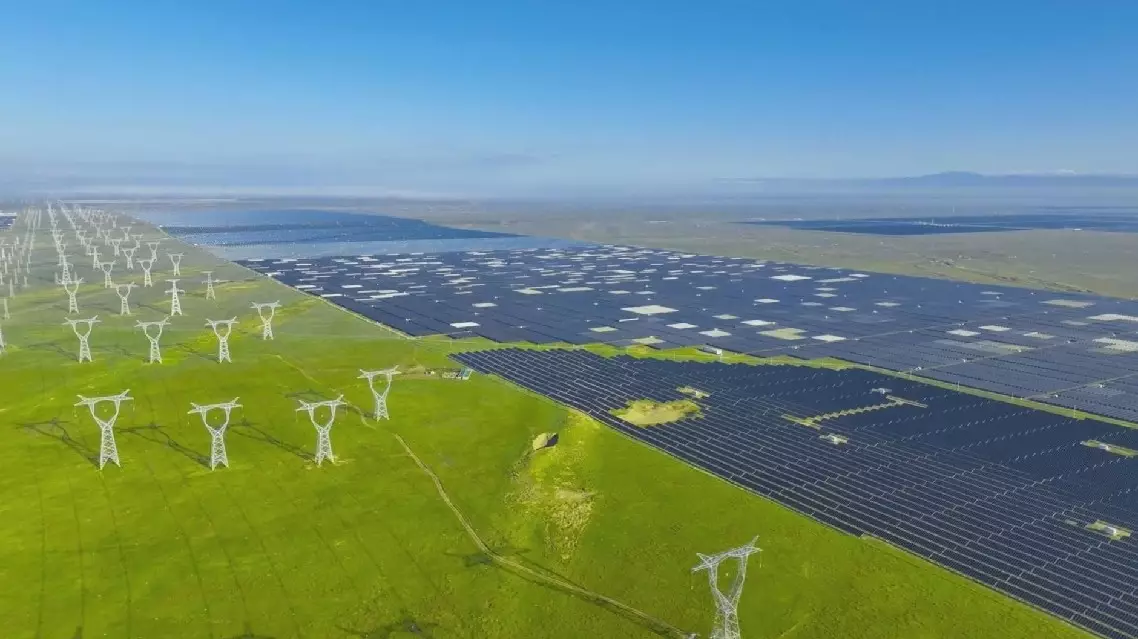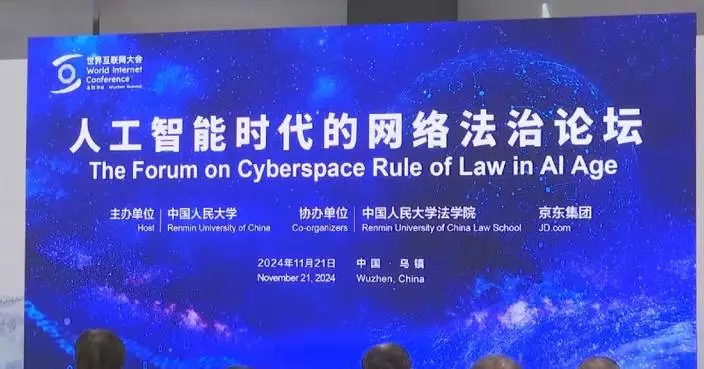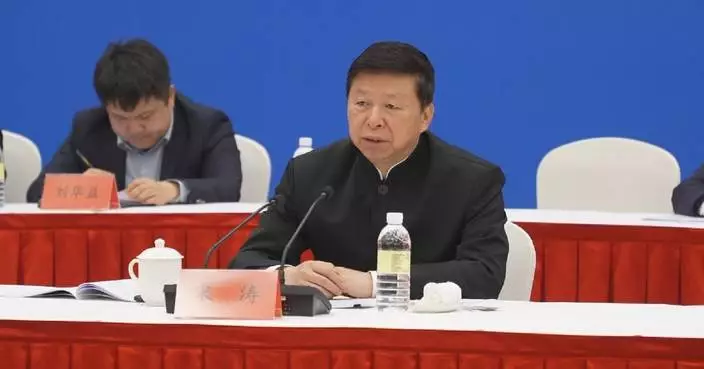China's total installed power generation capacity reached 3.19 billion kilowatts by the end of October, representing a year-on-year increase of 14.5 percent, the National Energy Administration (NEA) said on Friday.
From January to October, the installed capacity of solar power generation reached 790 million kilowatts, a remarkable 48-percent surge over the same period of the previous year, while the wind power generation capacity also saw significant growth, rising by 20.3 percent to 490 million kilowatts.
In the first 10 months, power-generating facilities across the country were utilized for an average of 2,880 hours, which is 128 hours fewer than the same period of last year.
In terms of investment, major power generation enterprises in China invested 718.1 billion yuan (about 99.09 billion U.S. dollars) in power supply projects in the ten-month period, marking an 8.3 percent increase year on year. The paid-up investment in power grid projects in the first 10 months totaled 450.2 billion yuan (about 62.12 billion U.S. dollars), a rise of 20.7 percent over the previous year, according to the NEA.

China's installed power generation capacity up 14.5 pct by end of October
China is leading the world in internet development, with strong AI innovation potential and other cutting-age digital technologies, according to an internet development report released on Thursday.
The 2024 World Internet Conference (WIC) Wuzhen Summit, running from Wednesday to Friday, is underway in the ancient water town of Wuzhen in east China's Zhejiang Province, focusing on building a people-centered, AI-for-good digital future. During the event, the World Internet Development Report 2024 was released by the Chinese Academy of Cyberspace Studies (CACS).
The report shows that China remains at the forefront of artificial intelligence in the world, with notable advantages in AI innovation potential and market size. Given the AI governance's critical role for humanity's future, China is also actively pursuing international cooperation to establish an effective and fair framework that covers the AI's entire development lifecycle. In AI governance, China highlights core values like respect for human rights, equality among countries, and accountability and explainability in AI development.
"China actively engages in AI ethics discussions and the formulation of technical standards by organizations like the United Nations Educational, Scientific and Cultural Organization (UNESCO), the International Telecommunication Union (ITU), and the International Organization for Standardization (ISO), promoting international cooperation on the U.N.'s AI capacity building," said Li Wei, an associate research fellow at the CACS, at a press conference during the Wuzhen Summit. In addition to AI, China is ramping up efforts in innovation and development of cutting-edge digital technologies like quantum computing and 6G.
"Quantum computing has entered the prototype development stage, commercialization of quantum communication has been sped up, and quantum measurement technologies are gradually becoming more practical. Besides, 6G technology is progressing from the research phase of standard formulation, industry development, and application cultivation to the application phase, with commercial application capacity expected in the next few years," said Wang Jiang, director of the CACS, at the press conference.

China leads in internet development with AI innovation, advanced digital technologies: report










